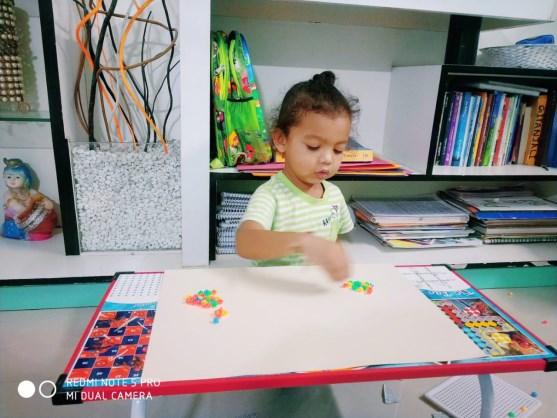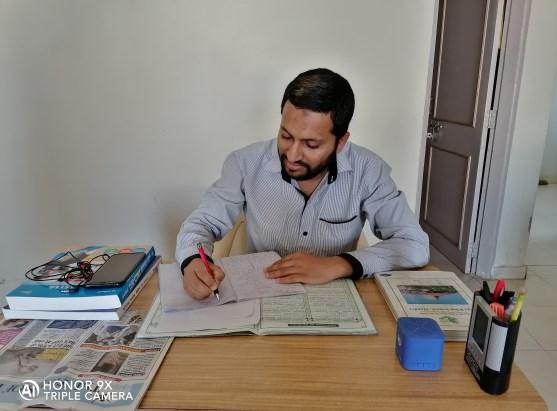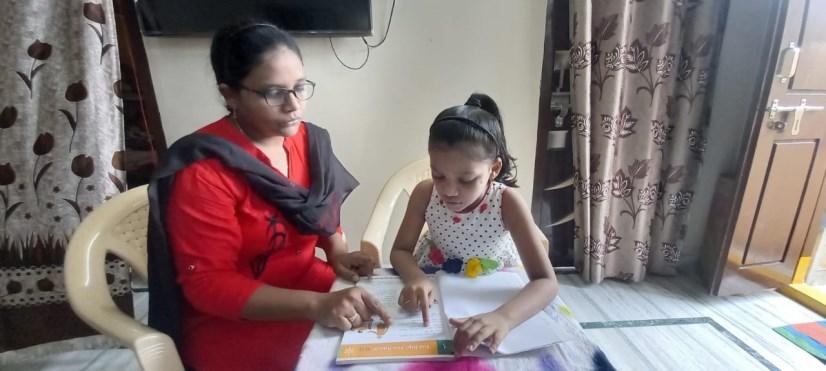
3 minute read
Learning During the Pandemic
from AKESI Newsletter INQRA 2020
by AKESI


Advertisement




The COVID-19 pandemic struck the world, forcing several countries to follow a nationwide lockdown. Almost immediately, the schools shut, leaving the students and parents confused and anxious. Under these challenging circumstances, AKESI ensured learning continuity to support the dreams and aspirations of its students. Thus, began the journey to identify and systematically address the numerous challenges that spanned various functions - teaching-learning at schools, human resource practices, professional development initiatives as well as finance and operation.
In the Aga Khan Schools, no stone was left unturned to optimize student learning outcomes. Technology savvy teachers were appointed as Technology Mentors, to support their colleagues in using online learning tools, like EdPuzzle, Padlet, Zoom, Microsoft and Google Forms, to name a few. Teachers hosted online Parent-Teacher Meetings for parents, checked the well-being of students & parents over phone calls, and curated the online teaching-learning resource repository to deliver quality lessons. From early on, teachers recognized the importance of balance between curricular & co-curricular experiences. Considering this, yoga, art, dance and physical education were included in the student’s timetable to ensure a wholesome learning experience. To know more about how AKESI engaged the students and staff while maintaining learning continuity virtually, click here.
The Remote Learning Pedagogy consisted of video conferencing, discussion boards, and online assignment/assessments. In all the schools managed by AKESI, a Synchronous and an Asynchronous model of learning was designed. This included weekly virtual lectures by teachers, self-study resources for the students, worksheets for home assignments and home activities involving parents for preschool students.
The pedagogical approaches adopted by AKESI to ensure online learning were - Blended Learning, Flipped Classroom, Inquiry-Based Learning, Activity Based Learning and Project-Based Learning.
REMOTE LEARNING PEDAGOGY
Instructional plans adapted to the new learning model
The teaching-learning process included appropriate instructional strategies, curricula and resources to address the diverse needs of students for life-long learning. The instructional plan adopted in the AKESI schools is best suited for the new learning model and is primarily based on the 5E model of instruction. It encompasses the different phases of teaching and learning –Engage, Explore, Explain, Elaborate and Evaluate. To know more about how Aga Khan Preschools adapted to the new normal, click here.
Learning Resources
In some cases, ‘voice notes’ have been shared with students and parents to ensure that words have been pronounced accurately. Audiobooks have also been created to help children listen and read the chapters from the literature books at their convenience. This helps build vocabulary. It also improves the child’s pronunciation and expression. Additional resources in the form of PowerPoint presentations and flipbooks have also been provided to students for easy access to concise content. Also, a digital library program was initiated to enable uninterrupted access to reading material, so that students could continue to read during this period.
Bridge Programme
A 12-week literacy development programme was designed for the Grade 1 students with a focus to develop Listening, Speaking, Reading and Writing, skills through authentic texts and experiences. The programme aimed to improve the reading fluency and comprehension skills of the students. Also, it provided students with the opportunity to explore purposeful tasks in a scaffolded manner with appropriate writing templates to enhance their written expression. Aside from this, rhymes, stories and consistent interaction during class have been embedded into the programme to develop their oral language skills.




